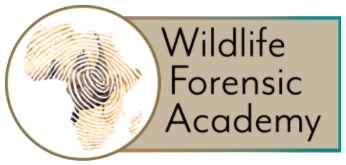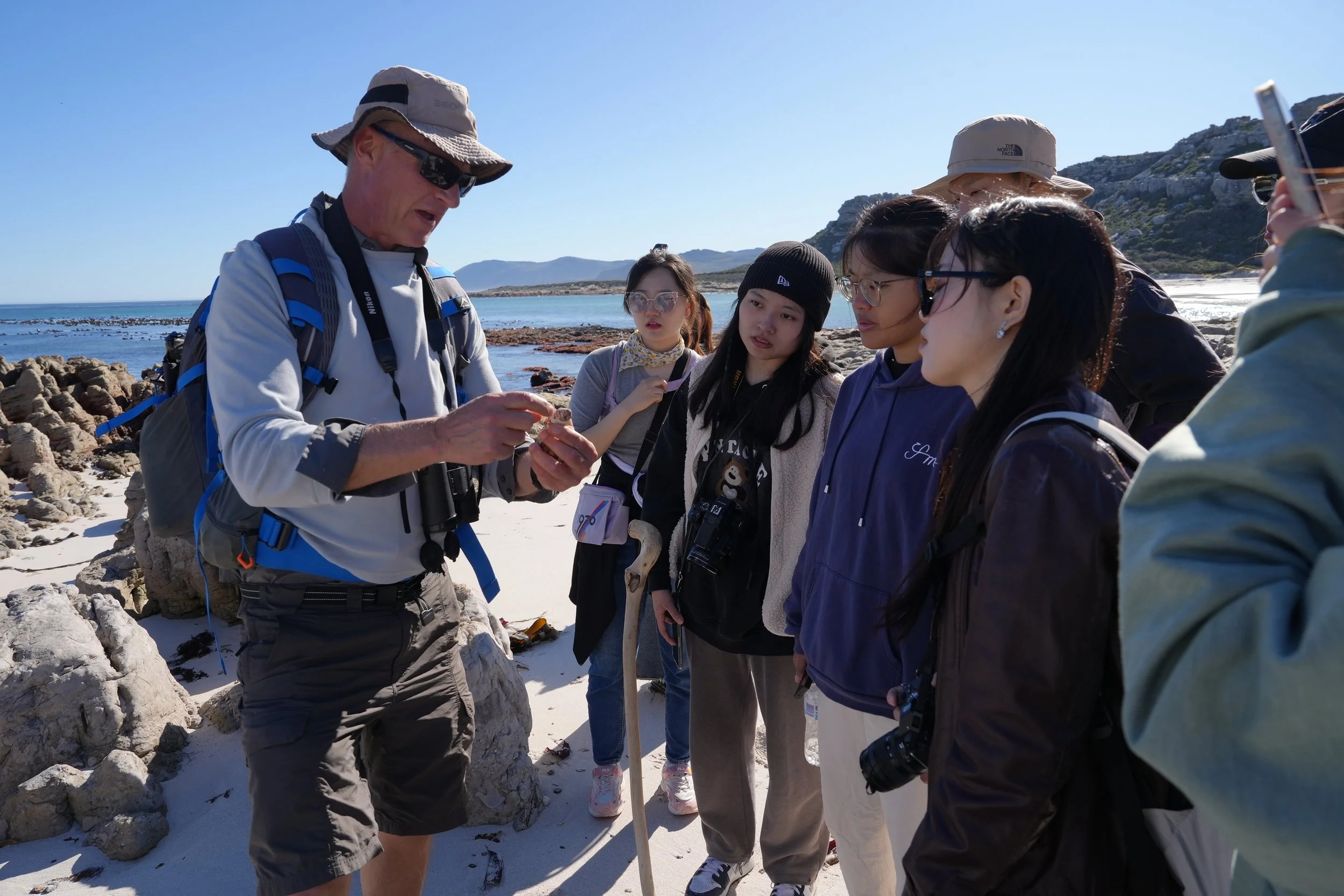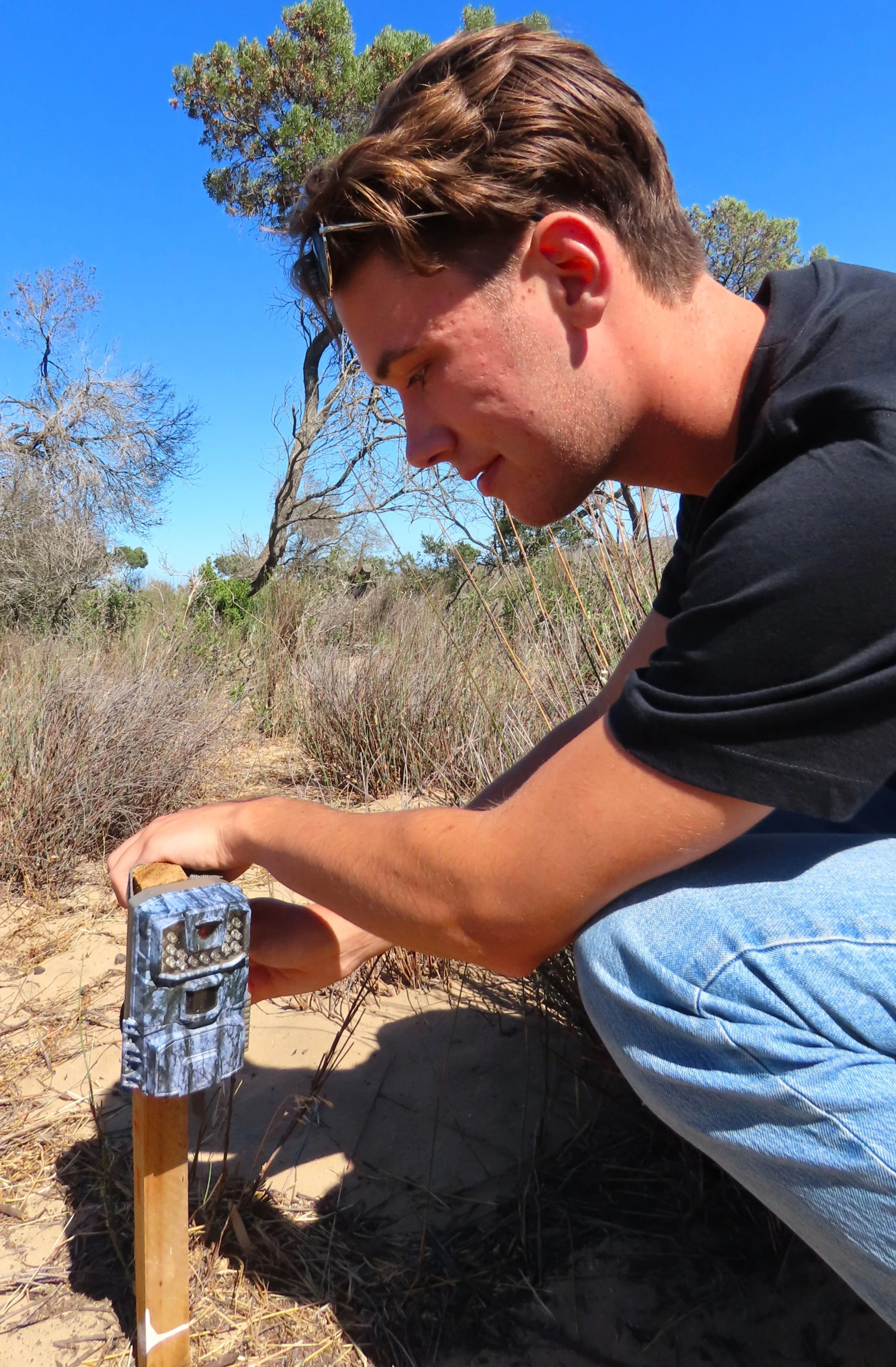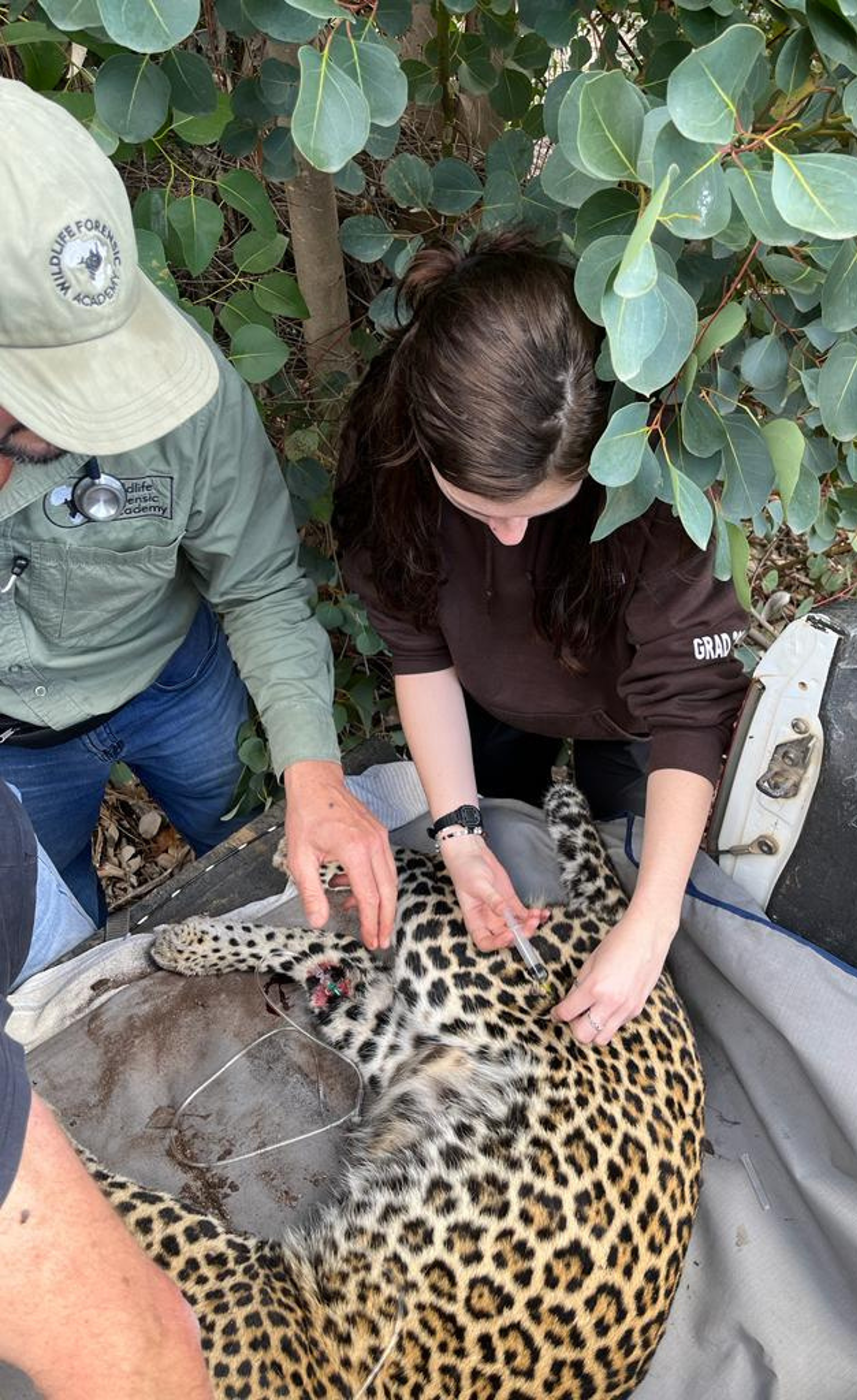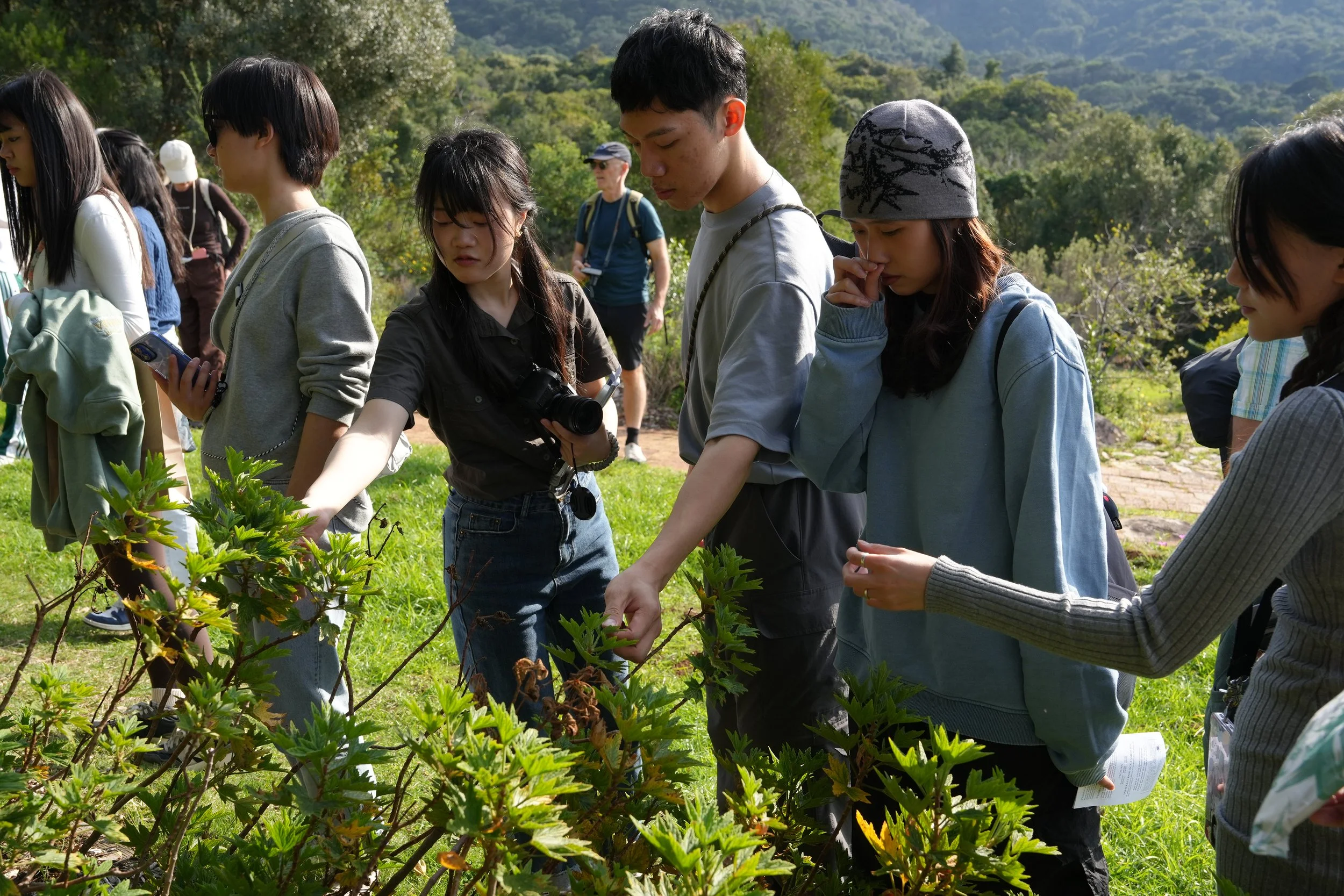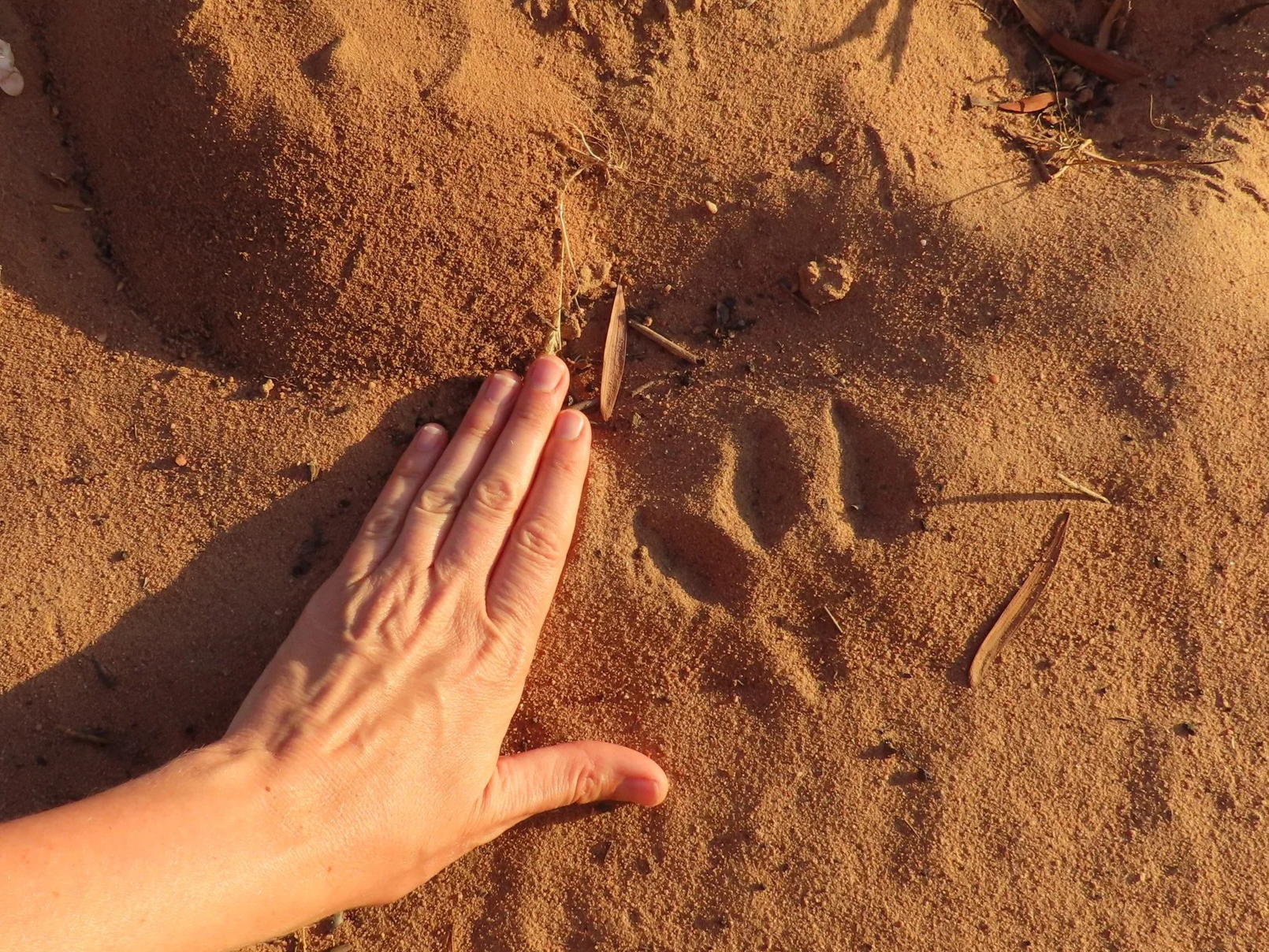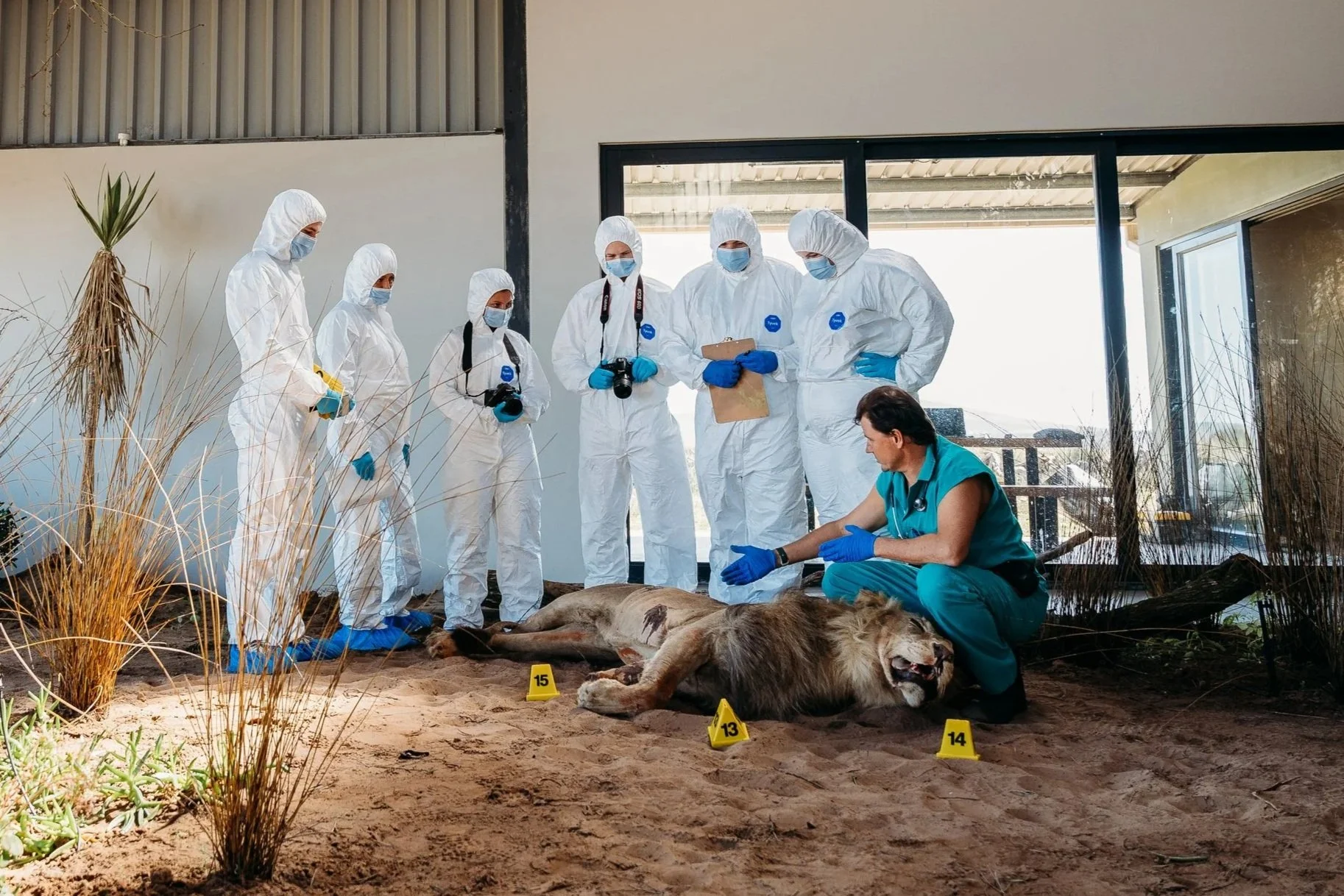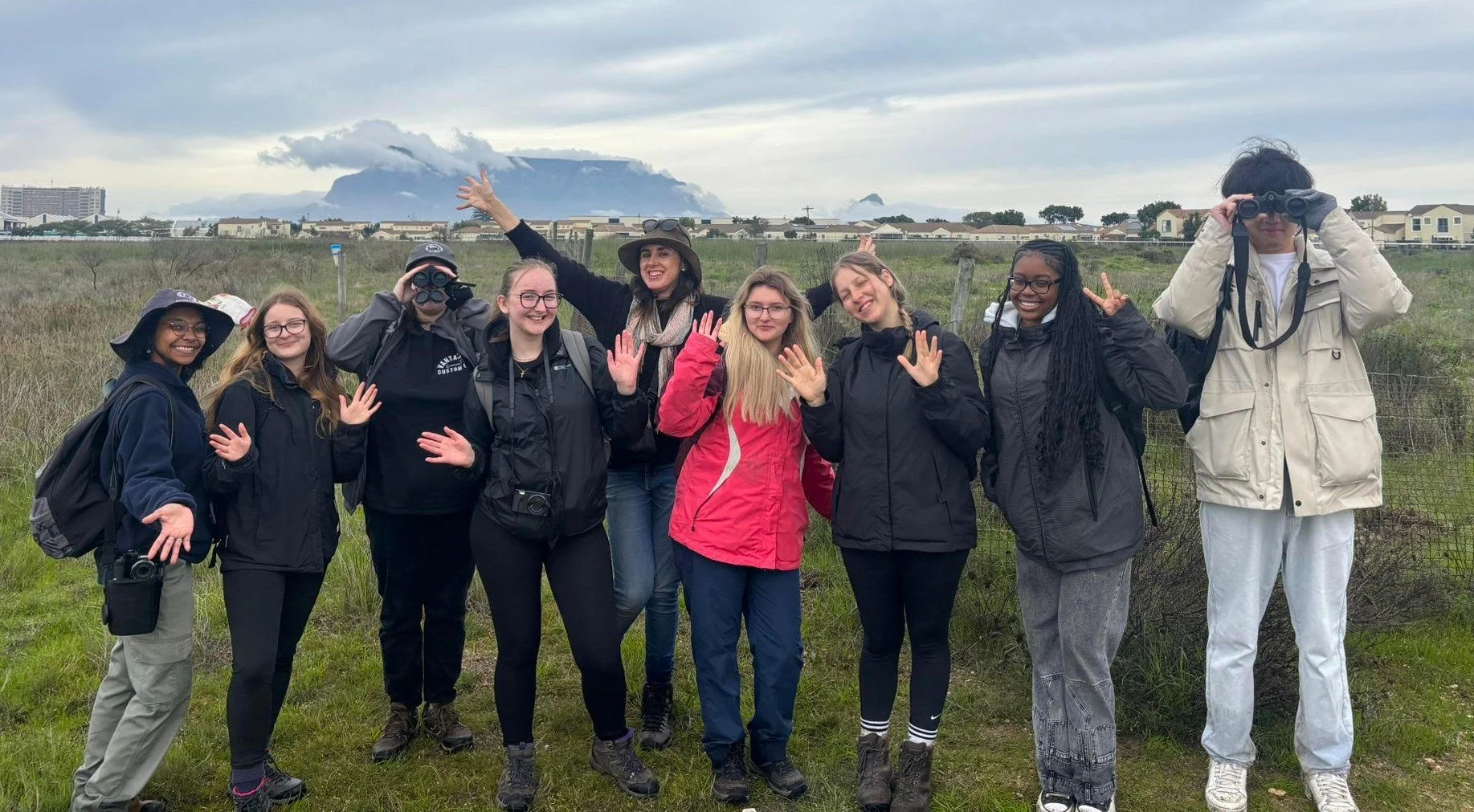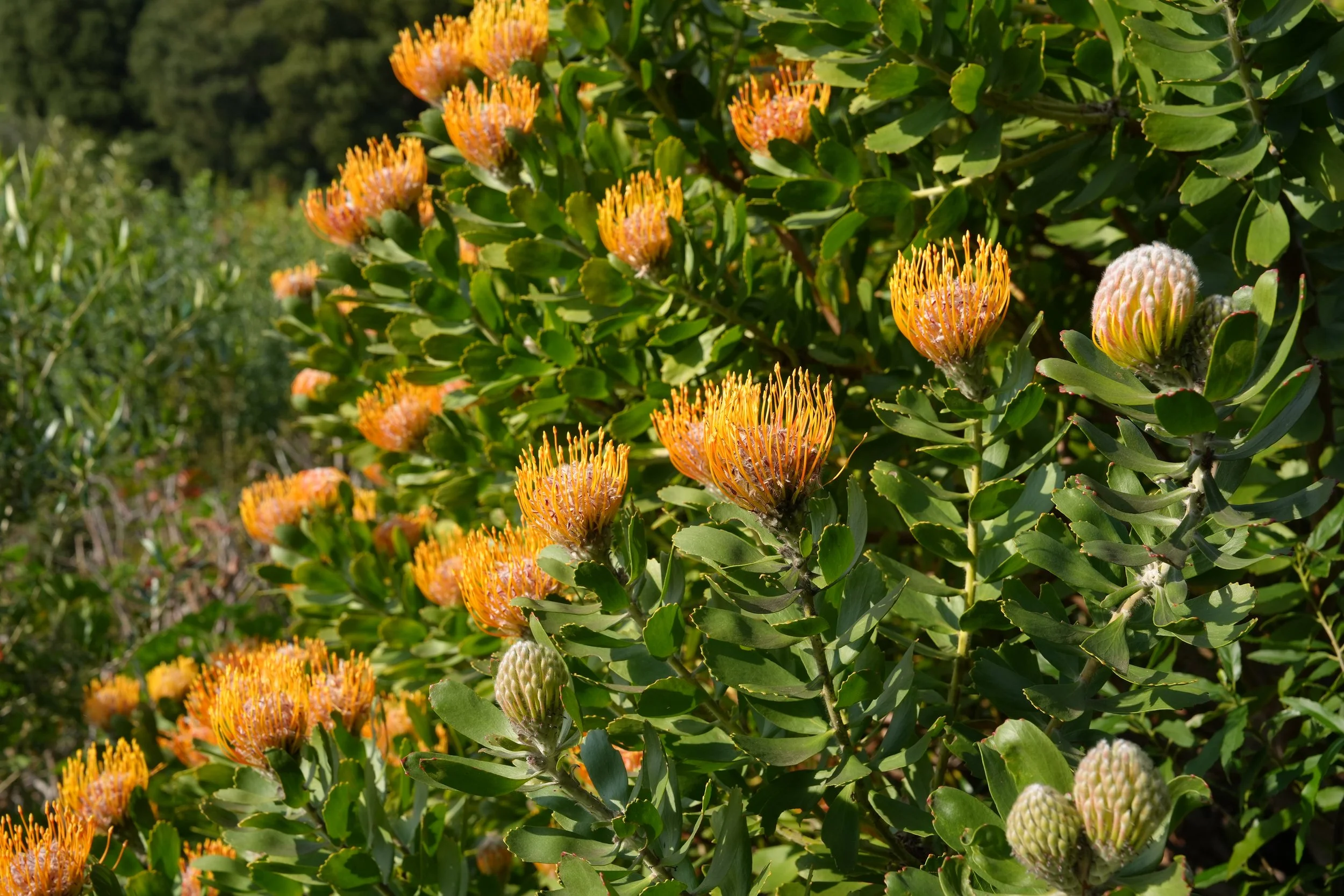
2-WEEK COURSE:
CONSERVATION AND FORENSICS
This two-week course experience provides participants with a comprehensive understanding of wildlife forensics, ecological systems, and conservation management.
Combining classroom-based lectures, field excursions, and practical, hands-on forensic investigations, the course explores how science, law, and conservation intersect to combat wildlife crime. Participants will learn from a multidisciplinary team of veterinarians, conservation scientists, forensic experts, and legal professionals while experiencing the unique biodiversity and culture of South Africa.
By the end of the program, attendees will have developed both technical and contextual knowledge of wildlife crime investigation and conservation practices - equipping them to make meaningful contributions to wildlife protection efforts globally.
A certificate of completion will be awarded by the academy upon course completion.
Who Should Attend:
This program is ideal for:
Students and graduates in forensic science, conservation biology, ecology, veterinary science, or environmental studies
Law enforcement personnel, customs officials, and environmental officers involved in wildlife protection and anti-poaching enforcement
Researchers, policy professionals, and NGO staff working in biodiversity conservation or wildlife trade monitoring
Anyone passionate about wildlife protection and seeking practical field experience in wildlife forensics and conservation
Whether you are a student seeking practical exposure or a professional looking to enhance your skills, this course offers valuable, real-world experience in one of the most biodiverse regions on the planet.
Course duration: 2-Weeks
Learning Objectives:
By the end of this course you will:
Understand the context of conservation management and challenges specific to South Africa.
Gain knowledge of the country’s endemic biodiversity and its role within a Global Biodiversity Hotspot.
Apply ecological and forensic techniques to monitor wildlife populations and assess environmental health.
Demonstrate understanding of legislation, conservation policy, and human–wildlife conflict, and evaluate their relevance to wildlife crime investigations.
Apply forensic science methods to wildlife crime scenes, including evidence collection, documentation, and analysis.
Integrate practical skills to investigate, interpret, and present findings from a mock wildlife crime case.
Course Outcomes:
Demonstrate knowledge of wildlife crime scene management and forensic investigation techniques.
Conduct wildlife monitoring and ecological surveys as part of conservation management.
Identify and apply appropriate forensic methods for the collection and analysis of biological evidence.
Understand how to prepare and present forensic findings in a legal context.
Collaborate effectively within multidisciplinary conservation and forensic teams.
Program structure:
The two-week course includes a balanced mix of lectures, fieldwork, and hands-on practicals. Key modules and activities include:
Week 1: Foundations of Conservation and Ecology
Guided hikes exploring ecology, marine poaching, and biodiversity
Lectures on urban conservation management and environmental education
Visits to the South African Natural History Museum, marine conservation centre, and Kirstenbosch Botanical Gardens
Practical sessions in wildlife veterinary care, post-mortem analysis, and biodiversity monitoring
Field-based learning in human–wildlife conflict and marine ecosystems
Week 2: Wildlife Forensics and Investigative Techniques
Hands-on training in crime scene management, evidence documentation, and forensic entomology
Lectures on biodiversity crime, game capture, and conservation management
Field activities in animal monitoring, tracking, camera trap deployment, and species presence surveys
Exercises on statement drafting, court testimony, and mock court proceedings
Cultural excursions and field visits to cheetah conservation and marine bird rehabilitation centres
Location:
The training will be done on the Buffelsfontein Game and Nature Reserve, West Coast, South Africa.
What’s Included:
Accommodation at Buffelsfontein Nature and Game Reserve
Catering (Breakfast, Lunch and Dinner)
Transportation during the course
Entrance fees for excursions
Not Included:
Alcoholic drinks
For South African citizens: Flights and transport to and from Buffelsfontein Game and Nature Reserve
For international guests: Flights to and from Cape Town. We provide transport between Cape Town and Buffelsfontein Game and Nature Reserve on the start and end date of the course
Course Dates:
20 July 2026 - PARTIALLY BOOKED
13 September 2026 - PARTIALLY BOOKED
Cost:
$3375 | €2900 | £2495
* Discounted rate for participants with SADC membership and from other selected African countries available upon request
*Discounts are available for groups of 10 or more attendees from the same institution. For information on special rates, please contact us at admin@wildlifeforensicacademy.com.
Got Questions?
Start by browsing our FAQ section - you might find your answer there. If not, feel free to fill out our contact form, and we’ll get back to you as soon as possible.
TESTIMONIALS
-
Anti-Poaching Ranger
The course was an eye-opener and as an Anti Poaching Ranger this is an excellent course to attend.
-
Private Security Personnel
My overall experience was exceptional and far exceeds my expectations. As someone who has experience in wildlife management and anti-poaching, who now works in the private security sector, I have gained so much experience on how to correctly manage, document, collect and provide detailed feedback on any crime scene where I arrive as a first responder. This course is very hands on and the skills learnt from the theoretical and most importantly the hands on / practical part of each module will stay with me for a very long time going forward in my career. I recommend this course to anyone in the wildlife industry who may come across wildlife crime scenes, however as someone currently in the private sector I can apply every single aspect of this course to non-wildlife crime scene management as well. This course can be done also by individuals local and foreign who want to just partake in a revolutionary and very unique experience in a beautiful world class facility surrounded by natural South African beauty.
-
Field Ranger
The best course ever to have especially if you working in the field of Conservation enforcement/environment.
Organizations that have trained with us:

Black Mambas Anti-Poaching Unit

Endangered Wildlife Trust (EWT)

Cape Nature

Nature Conservation Corporation (NCC)

South African National Parks (SANPark)
